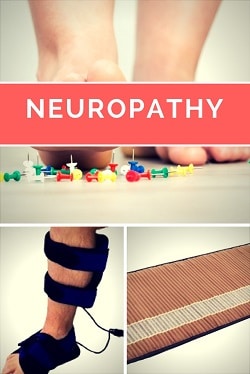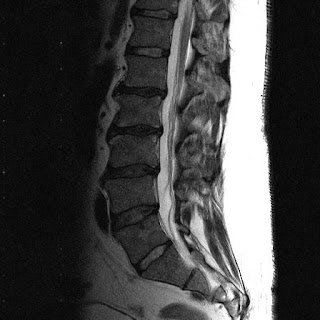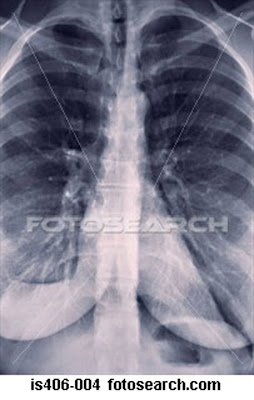
What are the symptoms of low blood pressure? Which is dangerous low BP or high blood pressure? When to worry about low blood pressure? How to tell if your blood pressure is too low? For some people, low blood pressure signals an underlying problem, especially when it drops suddenly or is accompanied by signs and symptoms such as: Dizziness or lightheadedness.
Dimming or blurring of vision. Chronic low blood pressure with no symptoms is almost never serious. But health problems can occur when blood pressure drops suddenly and the brain is deprived of an adequate blood supply. Most doctors will only consider chronically low blood pressure as dangerous if it causes noticeable signs and symptoms, such as: Dizziness or lightheadedness.
Dehydration and unusual thirst. This occurs because standing causes blood to settle in the veins of the lower body, and this can lower the blood pressure. Chronically low (or even borderline low) blood pressure can have an adverse effect on the kidneys as well. If the drop is sudden and severe, people will often describe a feeling of impending doom. In rare instances, a dramatic drop can lead to syncope (fainting), shock, coma, and even death.

While lowering blood pressure may be a goal for those at risk of heart disease and stroke, low blood pressure can indicate an underlying health issue, such as a heart problem, thyroid condition, or a neurological disorder, and may begin with symptoms of dizziness, nausea, and scary bouts of fainting. If low blood pressure is the normal state for a patient, then there will be no symptoms. The symptoms will depend upon which organ in the body is lacking adequate blood flow. Your blood pushes against your arteries with each heartbeat.
And the pushing of the blood against the artery walls is called blood pressure. But low blood pressure can sometimes make you feel tired or dizzy. If you have symptoms of low blood pressure , you should bring it up with your doctor. Low blood pressure can be successfully treated. You can live a life largely unhindered by the symptoms of low blood pressure if you make a few conscious lifestyle changes.
Orthostatic hypotension signs and symptoms include: Feeling lightheaded or dizzy after standing up. Symptoms usually last less than a few minutes. Fainting (syncope) Confusion. We tend to forget about the blood that is making its way around our bodies all day, every day.
It carries essential nutrients that feed the body and oxygen that has been collected from our lungs. Get your blood pressure checked if you keep getting symptoms like: lightheadedness or dizziness. If your blood pressure is extremely high, there may be certain symptoms to look out for, including: Severe headache.

Pounding in your chest, neck, or ears. The primary symptoms of hypotension are lightheadedness or dizziness. If the blood pressure is sufficiently low , fainting may occur.
Despite the exact cause of low blood pressure, the common signs and symptoms of low blood pressure are lightheadedness, dizziness, and fainting. Most often, people with low blood pressure will experience: Dizziness. Click on the combination that matches your symptoms to find the conditions that may cause these problems. Or click on See All Conditions to see every condition related to low blood pressure.

This is known as orthostatic hypotension. In more extreme cases, low blood pressure may lead to shock. They have no symptoms and their low readings are normal for them. In other people, blood pressure drops below normal because of a medical condition or certain medicines.
Some people may have symptoms of low blood pressure when standing up too quickly. But most of the time, common signs include light headiness, dizziness, and fainting. The lowest category of hypotension is when the pressure significantly drops to a much lower level that is way below the normal range.
Depending on the cause of your symptoms , your doctor may tell you to increase your blood pressure by making these simple changes: Eat a diet higher in salt. Drink lots of nonalcoholic fluids. Limit alcoholic beverages.
If you are looking for a list of symptoms and signs of high blood pressure (HBP or hypertension), you won’t find them here. Myth: People with high blood pressure will experience symptoms, like nervousness, sweating, difficulty sleeping or facial flushing. Caffeine helps: Caffeinated beverages like tea or coffee may help boost your blood pressure temporarily.
No comments:
Post a Comment
Note: Only a member of this blog may post a comment.